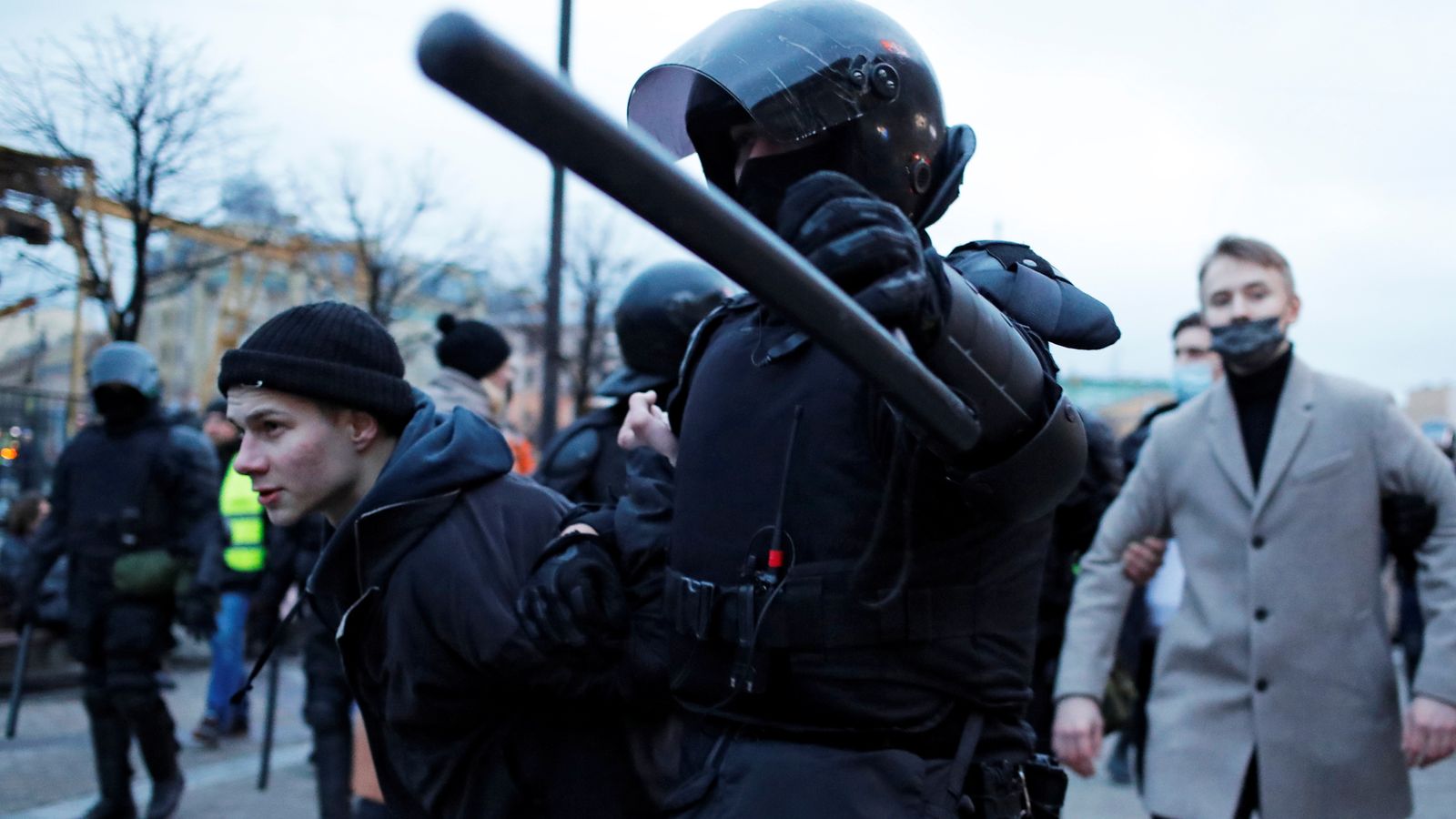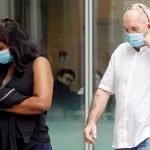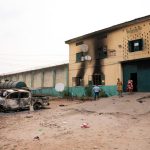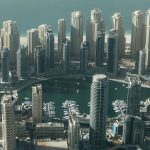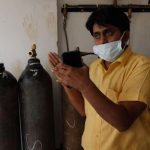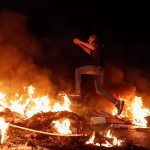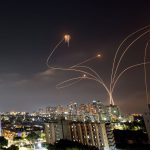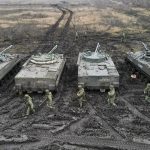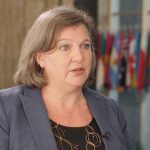Hundreds of protesters have reportedly been arrested in Russia after demonstrating in support of Alexei Navalny.
The protests came as the critic of Vladimir Putin continues his hunger strike from prison, with his allies saying he is risking kidney failure or cardiac arrest.
His health has been worsening and the supporters are calling for Mr Navalny, 44, to receive medical attention.
OVD-Info, a group monitoring protests and detentions, said more than 400 people had been arrested in Russia today, while police in Moscow told Russian news agency Interfax that some 6,000 people were protesting in Moscow.
Mr Navalny’s camp say the turnout was as much as 10 times higher.
The authorities said the jailed activist has been given the same treatment as any other inmate, and that the demonstrations are illegal.
Mr Navalny was detained in January as he returned to Russia from Germany, where he spent five months recovering from a nerve agent poisoning.
He has blamed the Kremlin for targeting him with novichok – the same poison used on the Skripals in Salisbury – an allegation that Russian authorities reject.
Mr Navalny was jailed in February for two years and eight months for parole violations he says were exaggerated for political purposes.
In a state of the nation speech to both houses of parliament on Wednesday, Mr Putin made no mention of Mr Navalny.
However, he did warn Western powers not to cross Russia’s “red lines”.
The United States has warned Russia it will face “consequences” if Mr Navalny dies.
Mr Navalny’s doctors say they have been denied access to him in jail, as his health is thought to be deteriorating severely while he remains on hunger strike.
Please use Chrome browser for a more accessible video player
His doctors said they spent two hours outside the prison in Pokrov earlier this week but were not allowed to see him.
“Our patient could die at any moment,” one of the physicians said on Facebook.
Mr Navalny’s spokeswoman Kira Yarmysh, as well as his close ally Lyubov Sobol, were arrested near their homes in the Russian capital hours before rallies were due to start in the city.
A number of locations in the Moscow, including Red Square, have been cordoned off with metal barriers and police.
Charles Michel, the president of the European Council, said it was “deplorable” that Mr Navalny’s closest allies had been detained ahead of the protests.
Around 200-300 people came out to support Navalny in the eastern city of Vladivostok, with some of them carrying banners saying “freedom for political prisoners” and “no war, repressions and torture!”
Ilya, a 19-year-old student, said: “Everyone realises the current authorities have nothing new to propose for the country. We need a new generation of politicians. I see Navalny as one of them.”
Protests were also seen in the city of St Petersburg in the west of the country.
In London, more than 250 people protested outside of the Russian embassy, calling on Mr Putin to release the jailed activist.
Marina Litvinenko, the widow of ex-KGB spy Alexander Litvinenko, said: “We all want Alexei Navalny to be freed and to receive medical help.”
Mr Litvinenko was poisoned with a rare radioactive isotope, polonium-210, in 2006 in the UK.
She added: “Mr Putin – the people don’t want you.”
